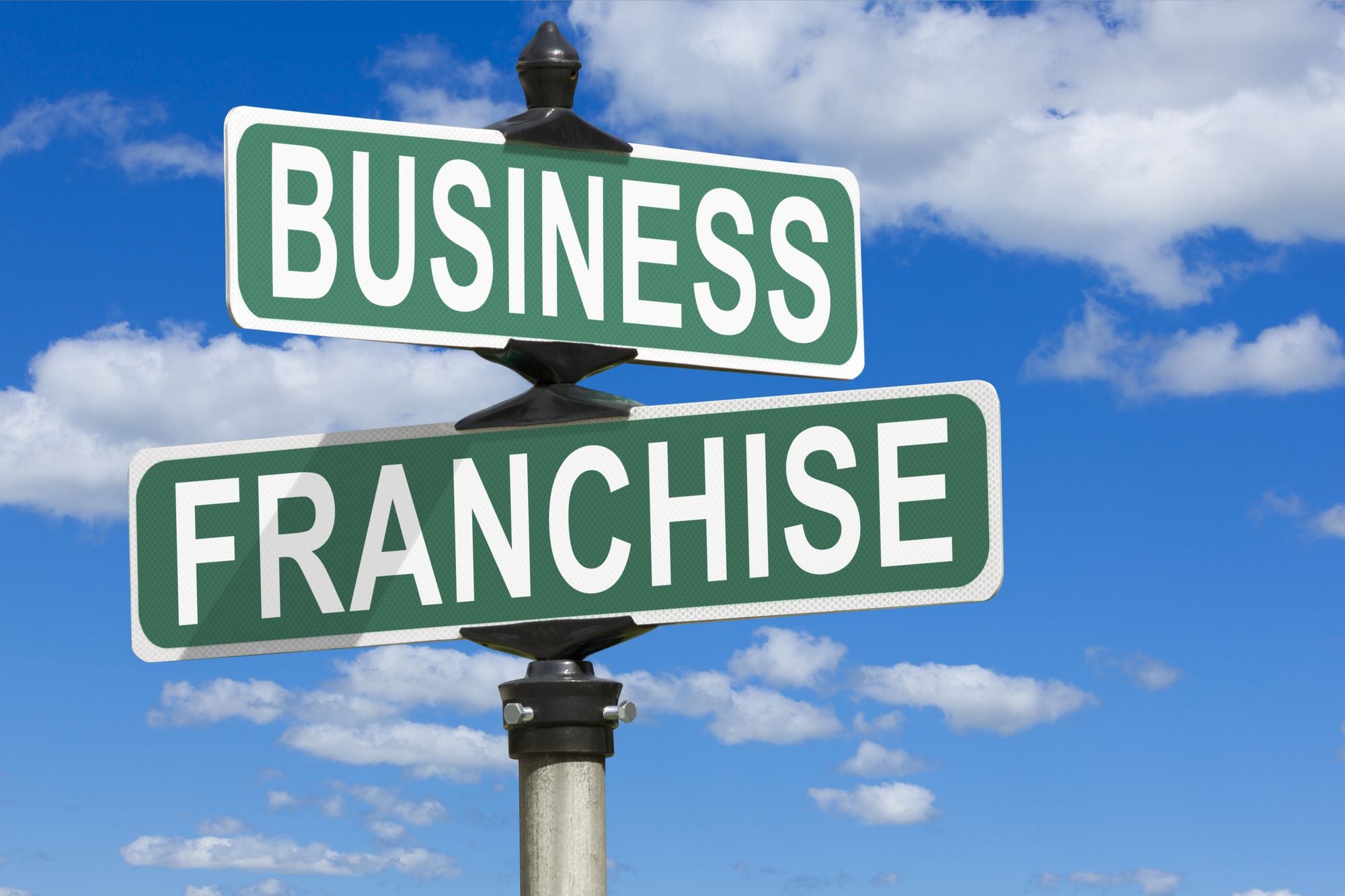3 Reasons Buying a Franchise Might Be Better Than Starting Your Own Business If you're thinking about buying a franchise operation, here are three key benefits of buying into franchise opportunities.
By Mark Siebert
Opinions expressed by Entrepreneur contributors are their own.

The following excerpt is from Mark Siebert's book The Franchisee Handbook: Everything You Need to Know About Buying a Franchise. Buy it now from Amazon | Barnes & Noble | Apple Books | IndieBound
Franchises are systems that have been tested and refined and tested again. And gaining access to that system gives you, as a franchisee, the ability to start faster, reduce your initial investment, and avoid mistakes.
Before you open your doors for business, most franchisors will provide initial training on every aspect of the business -- from finding a site to build-out to hiring and training your team to serving your customers to managing your business. And for most franchisors, that training is just the start. Franchisors generally provide detailed operations manuals that explain how to deal with most situations that are likely to arise in your day-to-day operations. Many provide significant ongoing training and support -- in the form of phone support and a field representative who will visit periodically -- as both a business coach and to ensure you and the other franchisees in the system are living up to the brand standards that made the concept successful in the first place.
There are three other key advantages to purchasing a franchise, as well.
1. Goodwill
Regardless of whether the franchisor has one unit or 10,000, it's certain to have more name recognition than you would have as a startup business. And if that name recognition carries with it some goodwill at the consumer level, you as a franchisee will benefit from it.
This is especially true if you're buying a service-based franchise. As an unaffiliated startup business, your sales pitch to new customers might be, "I'm just starting this business and may have no experience, but I'll work hard on your behalf." As a franchisee, it becomes, "We have been in this business for XX years and have serviced accounts including X, Y, and Z, who would be happy to provide stellar references. We're now expanding into your city, and I was wondering if I could speak to you about getting your business."
2. Cost benefits
Another advantage to buying a franchise is somewhat counterintuitive: Franchises can be less expensive to open than independent businesses. It's hard to believe -- as a franchisee, you have to pay a franchise fee of $25,000 to $50,000 or more. But it's true. Why?
As a franchisee, you'll know precisely what inventory to buy and what equipment to lease. And you'll probably get better prices due to the franchisor's ability to purchase in volume and pricing arrangements with suppliers. You'll learn how to promote your business without wasting your time and money on advertising that doesn't work. You'll be able to control your startup costs and avoid mistakes that could cost tens of thousands of dollars. You'll benefit from the franchisor's experience in dozens of ways that will help you reduce expenses while increasing your revenues.
Additionally, the franchisor has already assumed many expenses that you as a franchisee won't have to undertake, including registering its trademark, designing a logo, developing a brand website and consumer advertising materials, creating proprietary recipes (if it's a food-based business), developing basic merchandising schemes, and establishing supply chain relationships and negotiated discounts.
Bottom line: In many franchise businesses, you'll probably be cash flow positive sooner than your nonfranchise counterpart, despite paying a franchise fee. This is especially likely if you're a first-time business owner. So while your startup costs may be increased by the franchise fee, they'll often be much lower overall.
Similarly, while your operation will be burdened with having to pay the franchisor an ongoing royalty, you'll gain the support, established systems, and brand recognition provided by the franchisor. Many franchisors will have developed strong, proven marketing campaigns that you can use to leverage their already established brand. They may have better buying power, again saving you substantial expenses. And for some franchisors, the ability to secure national accounts on your behalf may provide additional benefits.
3. Staying power
Finally, when it comes time for you to sell your business, a franchise may command a higher price. This advantage is easy to understand: If you were thinking of purchasing a business and had your choice between a McDonald's and Joe's Burgers, if all other things (like profitability) were equal, which would you rather purchase?
Let's think about it. While buying a McDonald's doesn't guarantee that you'd earn money, it's likely the handoff to a new owner will be easy. That's because McDonald's has the operational manuals and expertise to help you ensure a smooth transition. Moreover, McDonald's patrons know what to expect out of any McDonald's restaurant, because McDonald's spends a great deal of time and effort ensuring this consistency. With Joe's Burgers, the minute Joe walks out the door, half his customers might follow him -- and who's going to help in the transition process? Who will ensure quality control?
Most people would certainly prefer to buy the McDonald's, and thus its owner could command a higher selling price.
While the brand is part of it, your real value proposition lies in the quality of the system and the amount of support provided by the franchisor. Ultimately, the secret to the success of most franchisors is that they make a lot of money for their franchisees. Franchisors whose franchisees become millionaires have no problems finding more franchisees.









